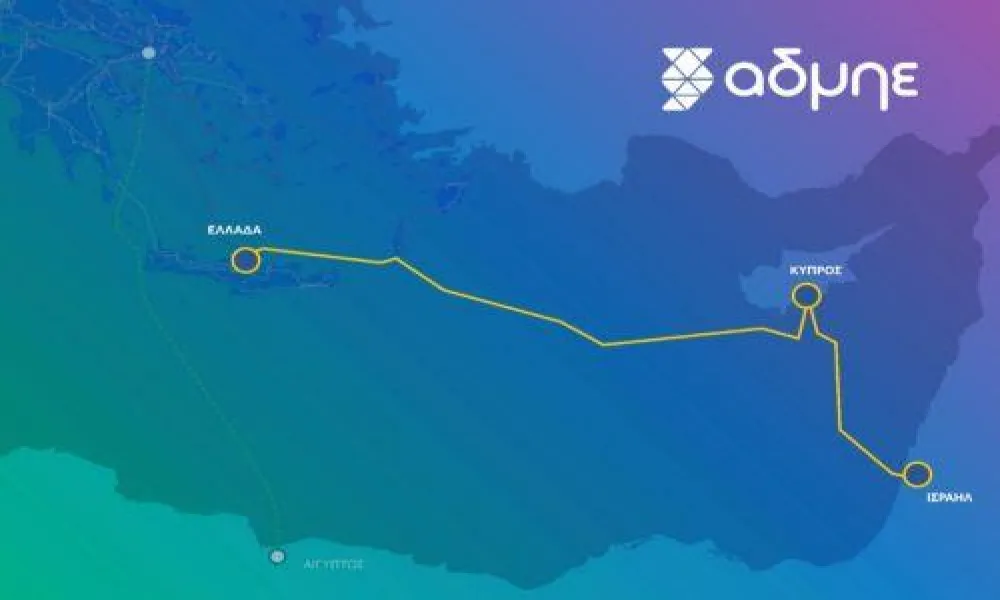Cyprus is now at a critical juncture regarding the Great Sea Interconnector, a landmark project that promises to connect the island’s electricity grid with Greece and, by extension, the wider European network. According to Politis sources, the government faces a stark choice: either honour its financial commitment by releasing this year’s €25 million tranche to Greece’s Independent Power Transmission Operator (ADMIE), or delay the payment, effectively risking the cancellation of the entire project.
Beyond a cable
At stake is far more than just a subsea cable. Cyprus’ credibility as a reliable European partner, its future access to EU funding for major infrastructure projects, and even its current energy pricing and regulatory exemptions hang in the balance.
Failure to disburse the €25 million immediately would halt the manufacturer payment to Nexans, the company contracted to deliver the cable, leading to the cancellation of the order and, by extension, the termination of the project. This would result in the irreversible loss of €657 million in EU funding already allocated for the interconnector, a significant setback at a time when Cyprus is actively seeking financial support for other major energy initiatives, including the Vasilikos LNG terminal.
The cost of cancellation
Cancellation would have cascading consequences. The European Commission has allowed Cyprus specific derogations from EU energy legislation, recognising the island’s status as an isolated energy system. However, if Brussels concludes that Cyprus is responsible for the failure of a project designed to end this isolation, future requests for such exemptions are unlikely to be approved automatically, potentially increasing energy costs and creating legal or financial risks for the Cyprus Electricity Authority (AHK).
The Commission has already conveyed its frustration with ongoing delays and expects all parties primarily Cyprus, to honour the commitments made in the 20 September 2024 Memorandum, which outlines annual contributions of €25 million over five years. Verbal support, Brussels has made clear, is no longer sufficient.
A strategic and political decision
The decision now rests on political will. Does Cyprus want to integrate itself into the European electricity grid, with the resulting benefits of price stability, improved energy security, and enhanced renewable energy integration?
If the answer is yes, the release of funds is non-negotiable.
Should the project collapse not due to external geopolitical risk - such as Turkish opposition - but because of Cyprus’ own failure to meet its obligations, the government must then present a credible alternative to deliver cheaper and more sustainable energy to the Cypriot public.
